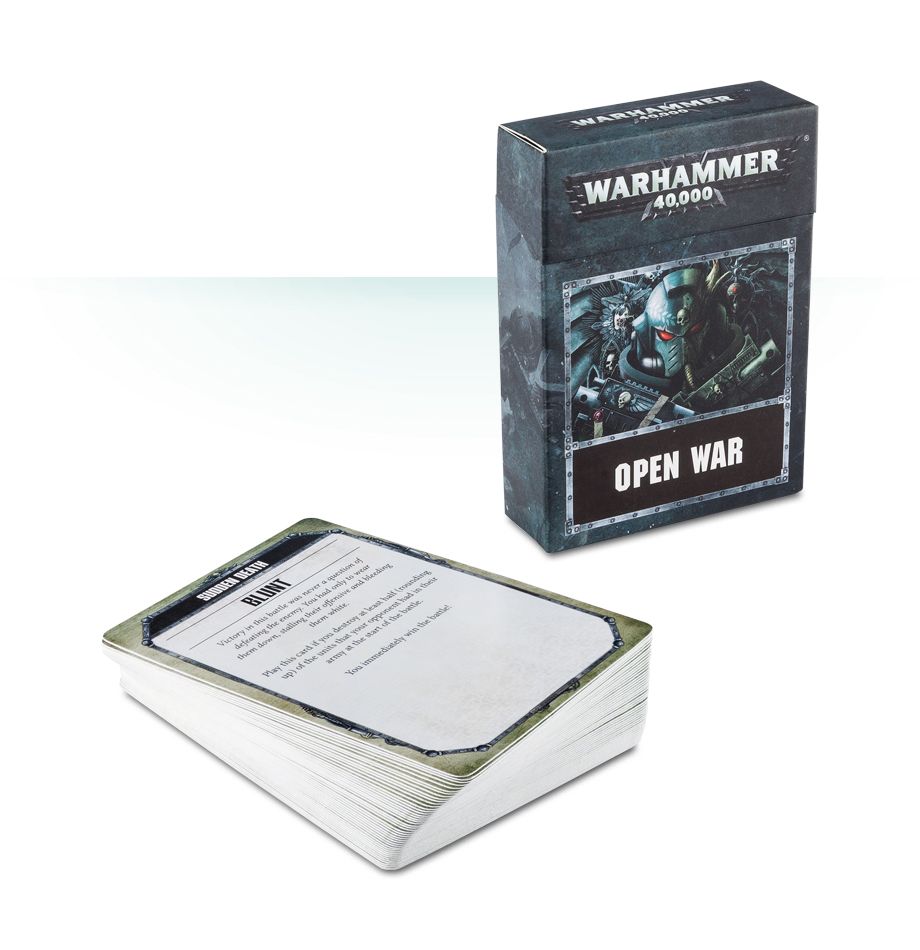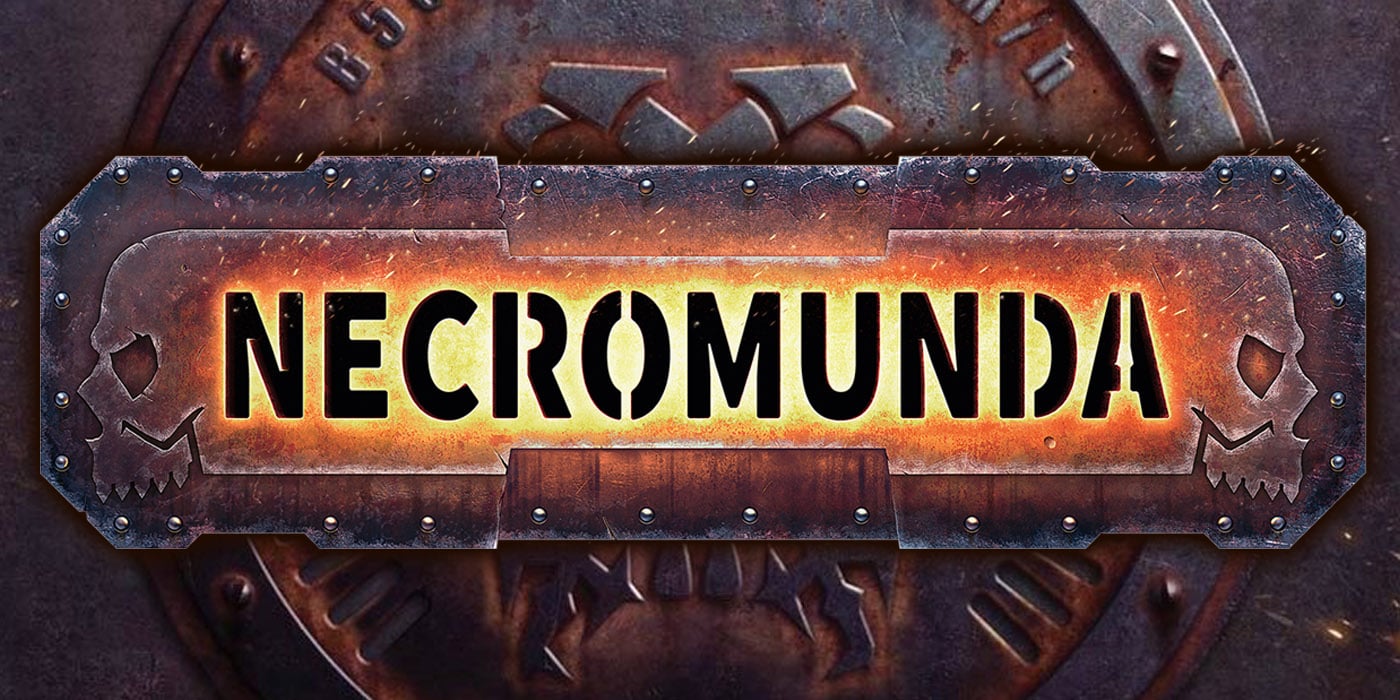Goatboy’s 40k: Tourney Missions May be Hurting the Game


Goatboy here. Today I want to talk about how over-complicated 40K missions are becoming a problem in competitive gaming.
Back In the Day…
Goatboy here again and today I want to talk about how the over complication of missions has started to become kind of a pain in the competitive scene. Initially during the “glory” days of 4th and 5th edition the mission was a simple framework to just beat the crap out of your opponent. Sure you might have to get a point on the battle field but the game was really just you killing as many points of your opponents army as you could. Some people got cute with some missions parameters but the current crop of choice, objectives, and book keeping nature was not something you saw. Now I am not saying this is the best way – just more so looking at it from the current score sheet/choice dominated competitive scene.
 Time to fill out the mission sheet…
Time to fill out the mission sheet…
I Want to Play – Not Book-keep
This leads me into thinking that in some ways, simplifying the mission parameters might be something we need to help curtail these 3 turn games where nothing happens other then a few checks on a score sheet. I look at AoS missions who have a more winner take all mentality with randomly created objectives, changes to how ones scores the objective, and other simpler missions. I know in a lot of ways when you have one specific job to do during a game – the game seems to go a lot quicker. Of course this whole all or nothing in a mission can be an issue when trying to create some kind of Balance between the armies.
You know and I know that not every army is the same. Some things work better then others – and that is the nature of a big sprawling game full of different armies, play styles, and aesthetics. This is part of the reason to have these complicated missions as allows other armies to work better. If the game was just “kill, kill, kill” then the correct choice would be smaller armies with hard to kill units that can kill things easy. If the game was 6+ objectives then fast, MSU style armies would be the best thing to have as they don’t care about killing and only just want to hold all the goodies at the end of the game. There is the crux of the tournament organizer – how to let every army work, have a chance to win, and give the player a decent game.
But this always leads to more complications a lot of the time and thus the slower games that seem to frustrate the “more seasoned” players that can deduce their choices that allow them a chance to win. I know a lot of the time if I get to turn 3, maelstrom/secondary/etc missions are not within my grasp I stop, drop, and get to moving on the primary options. These extra things to check during a game becomes hard as you are still trying to keep up with your army, your opponents army, and if someone’s points are messed up in their list.
Back to Basics
The question then comes do I want to go back to the simpler time of things with one mission, usually something easy, and just smash it out till we get a winner? No because while I think things are complicated I do know they will be easier to play later on as I get used to them. I also know a lot of these missions are designed with simplicity at the top (hold objectives) mixed with the same sort of secondaries we will get used to picking when we see the opponents type of army. My biggest complaint is that in a lot of ways the missions will start to become the same as armies become more locked in and your choices for secondaries become the same game after game when you know what type of list your opponent brings to the table top.
I got to play one of the Open War missions the other day on the BoLS Twitch stream and I found the refreshing nature of just doing the one mission was a welcoming thing. Sure I knew the objective was gonna not be with me (can’t roll no dang 6’s) but it also meant my decisions were limited to – go there, remove all the objective secured jerks there, steal underpants, and profit. It was relaxing and made the game much easier to play through, work out, and complete in 2 hours while shooting the crap with my opponent Steve. Of course also giving crap to Roboute but hey there is another article about that. I don’t think we need to have all our missions be as simple as one objective that gets found each turn, roll a dice, and if you get lucky its the real one. I just think we could get away with 2 simple missions per game in order make it easy to figure out, easy to play, and hopefully get the game ended in a decent time.
Is Open War the Future?
I have spent a lot of time with the Open War cards as I hear GW is pushing them for their own tournaments. Of course the thought is they pick a few cards for each mission, show it before hand, and thus keep a random nature of the event but still have games you can plan for, figure out, and hopefully do well in. Is this the future they are going to push in the Chapter Approved book? You know there will be a matched play update with some rules changes and I am sure a reworked mission structure. I think my real question right now is – is it worth it to add layers of complexity to the mission format that does give some more broader ranges of workable armies – but at the threat of alienating new players? It’s a hard question as while I am more concerned with competitive play the majority of 40k dice throwers could give a Skaven’s behind on how effective x unit versus y’s tournament missions are.
Question to you guys:
Do you like the more complicated scoring missions?
Do you think this is the cause of a lot of players slowness?
Do you think a happy medium is capable with simple sets of mission parameters that benefit all types of armies?
~Is this all a pipe dream and I should just go back to painting my Death Guard? Are you hoping the next set of books are Wolves Versus Thousand Sons?





